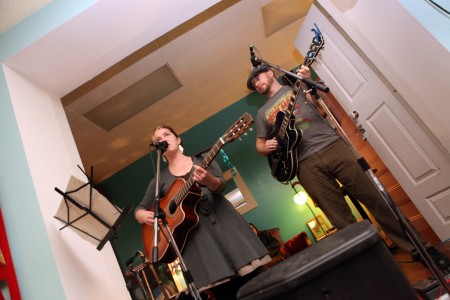
I used to be a subscriber to Zip.ca, a DVD by mail service. I decided to give it up for a trio of reasons:
- Since I couldn’t really choose the order in which I received films, I often got ones I wasn’t in the mood to see
- The service was fairly expensive
- I received a number of scratched and unplayable discs
Now, I am trying the new video streaming service offered in Canada by Netflix.
By far the biggest problem is selection. There are some fairly obscure television shows like Blackadder and League of Gentlemen, but no Simpsons, Seinfeld, Arrested Development, Sopranos, 24, Mythbusters, etc. The same goes for movies. I start searching for high quality films I have been meaning to see, and rarely find what I am looking for. With the Netflix streaming service, you watch what is available rather than what you want. Some of what is available is certainly decent – such as the first three seasons of Mad Men – but it definitely doesn’t have the same scope of options as the iTunes store or Zip.ca.
That said, Netflix streaming is quite cheap. It only costs $8 a month, which probably explains how popular it has become:
According to Sandvine, a network management company that studies Internet traffic patterns, 10 percent of Canadian Internet users visited Netflix.com in the week after the service launched. And they weren’t just visiting—they were signing up and watching a lot of movies. Netflix videos quickly came to dominate broadband lines across Canada, with Netflix subscribers’ bandwidth usage doubling that of YouTube users. At peak hours (around 9 p.m.) the service accounted for more than 90 percent of the traffic on one Canadian broadband network.
My sense is that Netflix streaming is really competing with free streaming sites. Against them, it has a number of advantages. The interface is fairly good, and it is unlikely to be laden with malware. There aren’t heaps of broken links to be dealt with. Also, there are no daily time limits for use.
Given how much bandwidth Netflix is eating up, it seems likely that there will be an outcry from internet service providers (including those rendered more powerful by a recent CRTC decision). Netflix itself will likely face pressure to pay ISPs, while users are likely to find themselves hit with extra charges for bandwidth usage.





